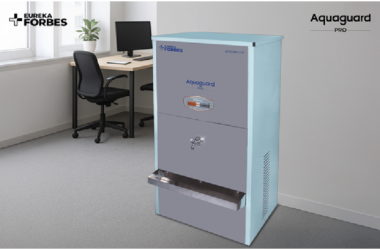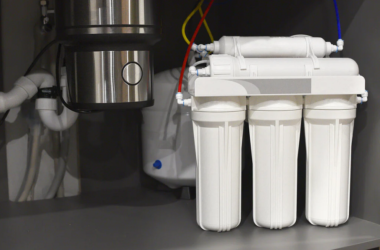When it comes to creating an efficient workspace at home, the debate between having a study room or a home office often arises. Both spaces serve the purpose of providing a conducive environment for work or study, but each has unique characteristics that might make one more suitable for your needs than the other. This article explores the pros and cons of both study rooms and home offices to help you make an informed decision.
Understanding the Purpose
Study Room Design
A study room is typically designed for educational purposes, making it an ideal space for students and researchers. It’s a place where you can focus on reading, writing, and learning without distractions. The design of a study room often includes:
- Minimalist furniture: Desks, chairs, and bookshelves are common.
- Ample lighting: Both natural and artificial light are essential to reduce eye strain.
- Organized layout: A clutter-free environment to enhance concentration.
Home Office Design
A home office, on the other hand, is tailored for professional activities. It’s designed to replicate a conventional office setup but in the comfort of your home. Essential elements of a home office include:
- Ergonomic furniture: Comfortable chairs and adjustable desks to support long hours of work.
- Technology integration: Computers, printers, and high-speed internet are crucial.
- Professional ambiance: A space that promotes productivity and professionalism.
Pros and Cons
Study Room
Pros:
- Focused Environment: Study rooms are usually free from the typical distractions found in a home, making them perfect for deep concentration.
- Personalized Learning Space: You can tailor the room to your specific study needs, whether it’s for writing, reading, or researching.
- Quiet Atmosphere: Often located in a quieter part of the house, which can help in maintaining focus.
Cons:
- Limited Use: Primarily designed for studying, which may not be suitable if your needs extend beyond academic tasks.
- Less Technology Integration: Study rooms may lack the technological sophistication required for professional tasks.
- Smaller Space: They are often smaller in size compared to a home office, which can limit functionality.
Home Office
Pros:
- Versatility: Home offices are multifunctional, suitable for various professional tasks including meetings, calls, and document handling.
- Technological Edge: Equipped with the necessary gadgets and connectivity options for a seamless workflow.
- Professional Setup: A home office can be designed to reflect a professional setting, which can be motivating and boost productivity.
Cons:
- Higher Cost: Setting up a home office with ergonomic furniture and technology can be more expensive.
- Potential Distractions: Being in a familiar home environment can sometimes lead to distractions.
- Space Demand: Requires more space compared to a study room, which might not be feasible for smaller homes.
Making the Decision
When deciding between a study room and a home office, consider the following factors:
1. Nature of Work:
- For academic pursuits, a study room is more appropriate.
- For professional tasks, a home office would be better.
2. Space Availability:
- If space is limited, a study room might be a more practical choice.
- If you have ample space, a home office can provide a more comprehensive setup.
3. Budget:
- Study rooms generally require less investment.
- Home offices may demand a higher budget due to the need for ergonomic and technological equipment.
4. Personal Preference:
- Some people prefer the quiet, minimalist environment of a study room.
- Others might find the professional ambiance of a home office more motivating.
Conclusion
Both study rooms and home offices have their distinct advantages and limitations. Your choice should align with your specific needs, whether they are academic or professional. By carefully considering the nature of your work, available space, budget, and personal preferences, you can create a workspace that enhances your productivity and meets your goals effectively.Thoughtful home design plays a crucial role in optimizing these spaces
In the end, the best workspace is one that supports your daily tasks while providing a comfortable and inspiring environment. Whether you opt for a study room or a home office, investing in a well-designed space can significantly improve your efficiency and overall work experience.






